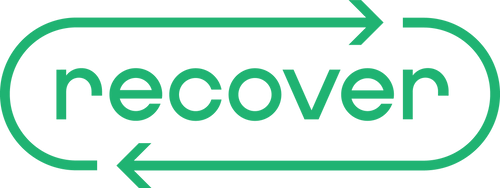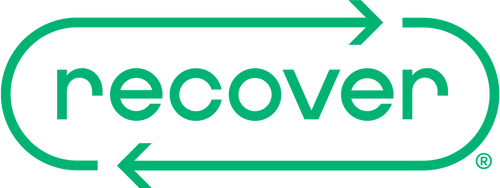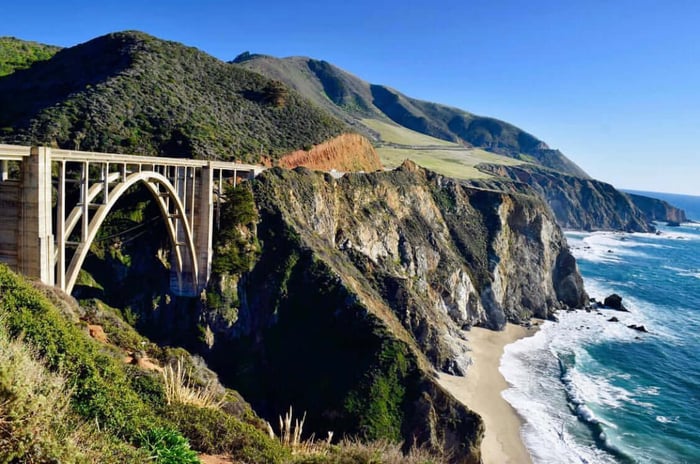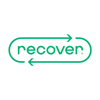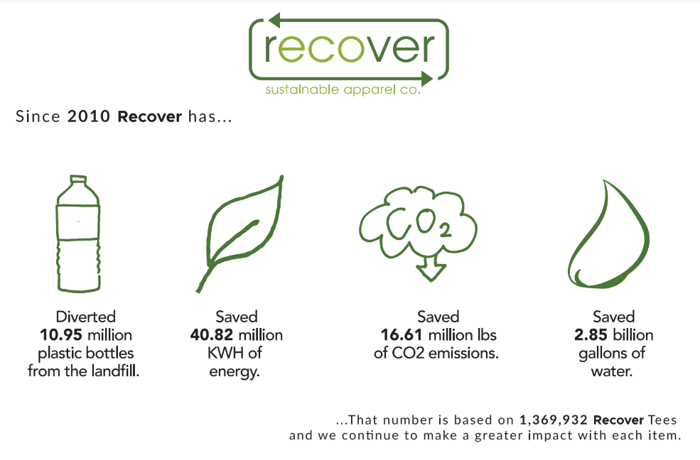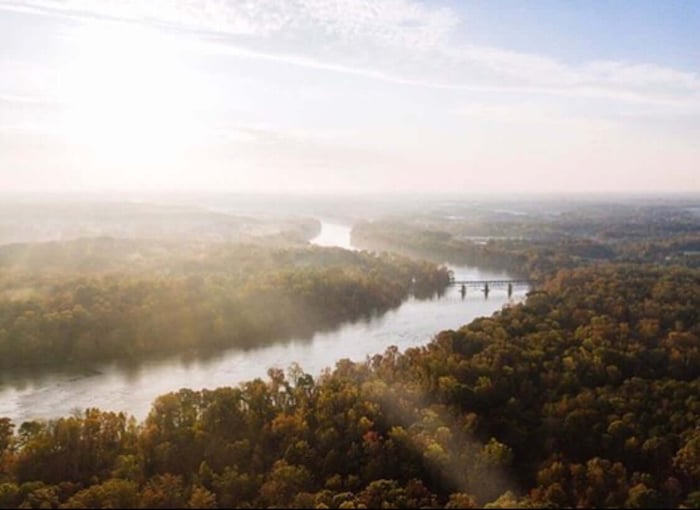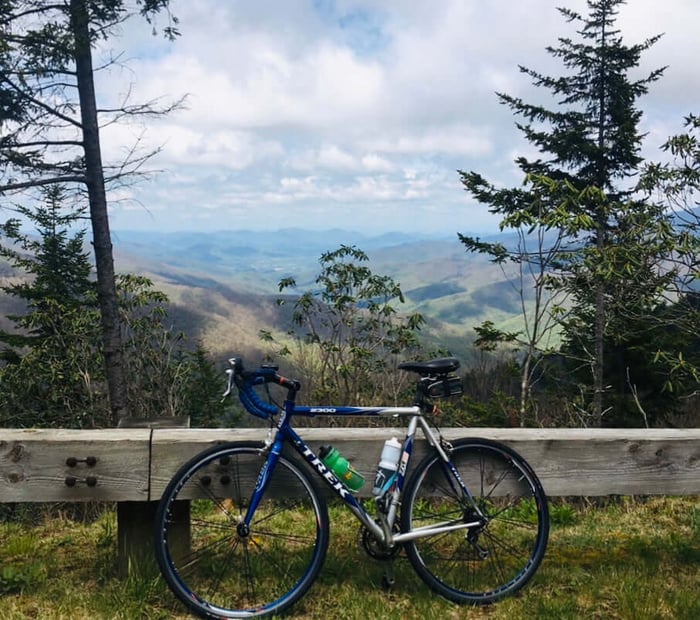By partnering with Recover since 2018, Big Sur Marathon Foundation has diverted 257,096 plastic bottles from the landfill, saved 389,822 lbs of CO2 emissions, saved 957,000 KWH of energy, and saved 66.95 million gallons of water. These numbers are based on using 32,137 Recover products for their races, volunteers, and merchandise.
The Big Sur Marathon Foundation is the force behind the Big Sur International Marathon (April) and Monterey Bay Half Marathon (November), joining tens of thousands of runners together through their vision to “create beautiful running events that promote health and benefit our community.” That “community” spreads near and far.

At the 2019 Monterey Bay Half Marathon last fall, the oldest runner was 87 year old Katherine Beiers, and the youngest was 12 year old Maya Wolfe. Runners were from 18 different countries and all 50 states. This year, Vicoty Chepngeno covered the 13.1-mile course with a 1:08:03, setting a new women’s course record and winning the Equalizer race, and Futsum Zienasellassie took the top spot for the men with a 1:02:33, logging the second-fastest men’s finish in the race’s entire history.
These Big Sur Marathon world-class events not only raise money to benefit local charities and causes ($5 million to date), but also lead the way in action and innovation for green events. Events across the board have the potential to create major positive or negative impact in their destination areas, and more and more events are taking action to reduce negative impact, especially on the environment.
Part of greening an event is choosing sustainable apparel, and Big Sur Foundation has partnered with Recover to provide 100% recycled for its races, volunteers, and merchandise. Describing the event Recover’s President and Co-Founder, Bill Johnston reflected, “Ever since Recover’s partnership began with the Big Sur Marathon Foundation last year, I have looked forward to traveling out to California’s Coast from North Carolina to be part of these awesome events. The partnership is so aligned with what Recover stands for, and personally it’s such a cool place to experience a world class race. This November, I headed west for the Monterey Bay Half Marathon, not just as a vendor and race partner, but also as a runner. Needless to say, for anyone who has run the race, it did not disappoint, and I feel so privileged to have experienced the race from this lens.”
At the race this year, Bill also led a clinic at the event “It’s Not Easy Being Green: How races and runners can reduce their carbon footprint” and was on the Green Team presentation panel, all working to educate and join the community together in efforts to reduce negative environmental impact.

For the past two years, Recover has sponsored the events’ Green Team. At the Monterey Bay Half Marathon this year, the Green Team sorted through all the waste, diverting about 5 tons of waste, resulting in the diversion rate from the landfill of 90.1%.
Partnered with Blue Strike Environmental, Big Sur Marathon Foundation events truly lead the way with the aim for zero-waste and keeping destinations “green and pristine.” It’s certainly not easy to navigate all of the ins and outs of going green in the age of plastic and packaging, but Big Sur works every year to innovate ways to be greener and consciously partners with vendors that have sustainable practices in line with their own in order to build a green event.
At Big Sur events, there are no trash cans. Participants can recycle bottles, cans, plastic, and cardboard. Heat sheets, foil-lined wrappers, and performance nutrition packaging are also separated and up-cycled. At the event this November, 290 pounds of nutrition wrappers, like GU gel packets and stroopwafel wrappers were sent to Terracycle to be upcycled into new products. Compostable items such as food waste, plates, and utensils are collected and sent to the Monterey Regional Waste Management’s anaerobic digester. Leftover food, abandoned clothing and shoes are donated to the Food Bank for Monterey County, the Last Chance Mercantile, and to the Monterey branch of Meals on Wheels, a program that delivers meals to individuals at home who are unable to purchase or prepare their own meals.
Returning back from California, Bill reflected, “Big Sur’s commitment to using 100% recycled apparel and making sustainable choices in all aspects of their races is such a big part of the unique running experience they create. We’re excited for what lies ahead in 2020 and look forward to making a positive impact together.”
